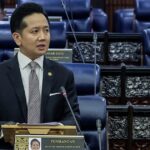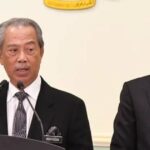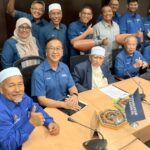Examining the Role of “Identity Politics” in Singapore
In Singapore, the concept of “identity politics” has been a subject of debate, with differing perspectives on its utilization and implications. Critics argue that the ruling People’s Action Party (PAP) selectively condemns the use of identity politics when it is wielded by opponents, yet employs it as a means to justify certain policies that may be difficult to defend otherwise.
Controversy Surrounding the Use of Identity Politics
The issue at hand is the potential silencing of discussions related to race, religion, and immigration, which can lead to the suppression of dissenting voices and the breeding of resentment within society. Critics contend that this approach stifles open and honest dialogue on important societal issues, ultimately hindering the progress towards a more inclusive and equitable society.
Call for Non-Violent Discourse and Transparency
Advocates for greater transparency and open dialogue emphasize the importance of fostering non-violent and constructive conversations on matters of identity and social policy. They argue that a society built on fear and scapegoating is unsustainable in the long run, and that genuine engagement with diverse viewpoints is essential for creating a freer and fairer society for all individuals.
Analysis of Power Dynamics and Hypocrisy
The discussion on “identity politics” in Singapore also delves into power dynamics and the potential for hypocrisy in how different groups or institutions wield their influence. Critics point to instances where the PAP has used identity politics as a tool to maintain control and legitimacy, while simultaneously denouncing similar tactics when employed by opposition voices.
Implications for Societal Harmony and Progress
The broader implications of the use of identity politics in Singapore are seen through the lens of societal harmony and progress. By limiting discussions on sensitive topics such as race, religion, and immigration, there is a risk of deepening divisions and perpetuating inequalities within the population. Advocates stress the importance of addressing these issues openly and constructively to foster a more cohesive and inclusive society.
Conclusion
In conclusion, the debate over “identity politics” in Singapore highlights the complexities and challenges inherent in navigating issues of social identity, power dynamics, and political discourse. As the country continues to evolve and grapple with these issues, the call for honest and non-violent dialogue remains crucial in building a society that is truly reflective of its diverse population.
Source
This article is written in response to original article.







